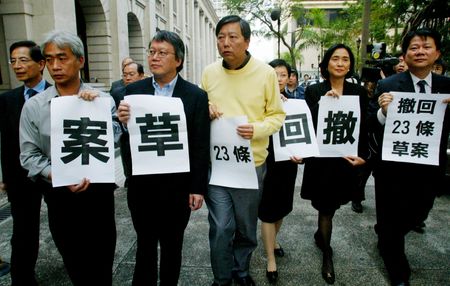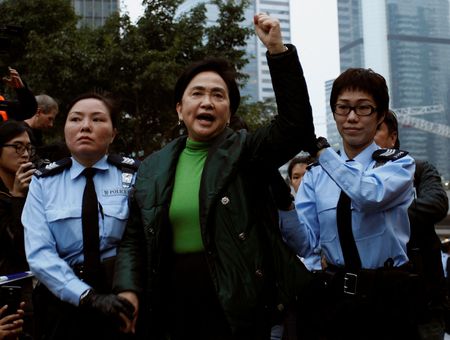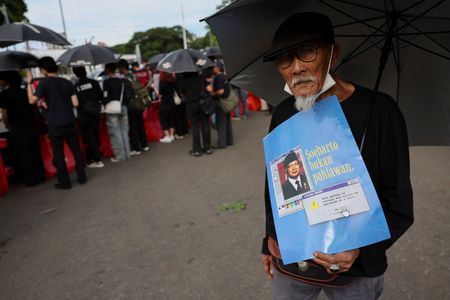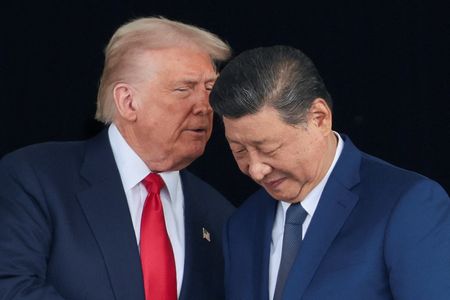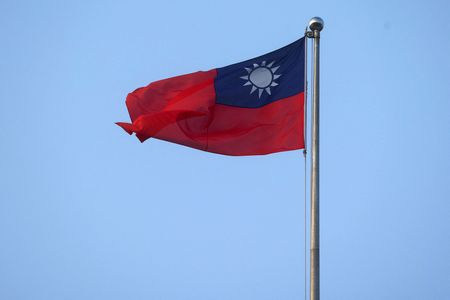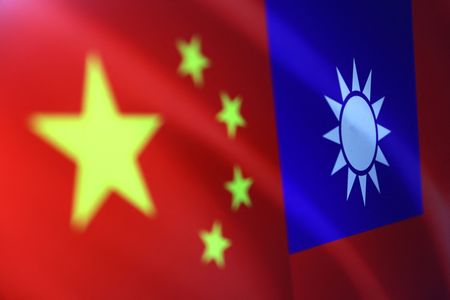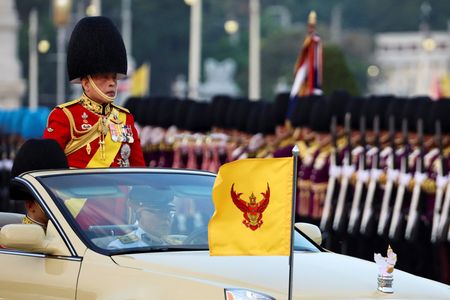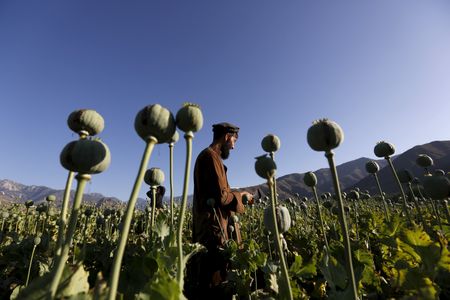HONG KONG (Reuters) – Hong Kong’s main opposition Democratic Party is considering disbanding amid a years-long national security crackdown by China after mass pro-democracy protests in 2019.
Following is a timeline of key events in the democratic development of Hong Kong before and after the financial hub’s handover from Britain to China in 1997.
Dec. 1984 – China and Britain sign a Joint Declaration on how Hong Kong will be governed, including a “One Country, Two Systems” formula granting a high degree of autonomy under Chinese Communist Party rule.
June 1989 – Beijing’s Tiananmen Square crackdown prompts millions in Hong Kong to take to the streets to call for more democratic safeguards.
April 1990 – Beijing ratifies Hong Kong’s Basic Law as a mini-constitution promising “universal suffrage” as an ultimate aim.
1994 – The Democratic Party is founded through the merger of two opposition groups: United Democrats of HK and Meeting Point.
Sept. 1995 – The Democratic Party wins 42% of the popular vote in legislative council elections, becoming the largest party during the final years of British colonial rule.
July 1997 – Hong Kong returns to Chinese sovereignty.
July 2003 – Half a million people protest against a proposed national security bill, also known as Article 23, causing it to be scrapped.
Aug. 2014 – China’s parliament rules out a fully democratic election for Hong Kong’s leader in 2017, by imposing tight rules on nominations of candidates who want to run.
Sept. 2014 – The civil disobedience movement known as “Occupy Central” draws hundreds of thousands of protesters who block and set up encampments in three districts including a highway outside government headquarters for 79 days to demand China allow full democracy.
2019
April 3 – Hong Kong introduces a proposed extradition bill to allow criminal suspects to be sent to China for trial.
June 12 – Police fire non-lethal rounds and tear gas to disperse hundreds of thousands of protesters calling for the extradition bill to be scrapped, marking the beginning of months long protests that turn increasingly violent.
Nov. 24 – Hong Kong’s pro-democracy candidates win a landslide victory in district council elections, securing 90% of 452 seats in what is seen as a symbolic vote against China.
2020
June 30 – China’s parliament imposes a sweeping national security law, drawing condemnation from the U.S. amid concerns it will be used to crack down on opposition democrats.
July 11-12 – More than 600,000 people cast ballots in an unofficial primary election to select the strongest pro-democracy candidates to contest an upcoming election.
July 30 – Hong Kong disqualifies a dozen pro-democracy candidates from running in the Sept. election, citing reasons including collusion with foreign forces.
July 31 – The September election is postponed on COVID grounds.
Nov. 11 – Hong Kong expels four democrats from the legislature.
Nov. 12 – The remaining 15 pro-democracy lawmakers resign from the 70-seat Legislative Council in protest.
2021
Jan 6 – More than 50 pro-democracy campaigners, including pro-democracy lawmakers, are arrested in the biggest crackdown to date under the national security law.
March 11 – China’s parliament overhauls Hong Kong’s electoral system, effectively shutting out the opposition from future elections, which some countries call an erosion of democracy in the financial hub.
Dec 19 – The turnout for an overhauled, “patriots”-only legislative election hits a record low of 30.2%.
2023
May 27 – Hong Kong’s second-largest opposition group, the Civic Party, said it would disband after 30 of 31 members voted to wind up the party.
July 3 – Hong Kong police issue arrest warrants and offer bounties of HK$1 million against eight overseas-based activists.
July 6 – Hong Kong’s legislature unanimously voted to overhaul district-level elections by drastically reducing the number of directly elected seats.
Dec 10 – A “patriots only” district council election, with no participation of opposition democrats, had a record low voter turnout as many spurned what was seen as an undemocratic poll.
2024
March 19 – Hong Kong lawmakers unanimously pass a new national security bill, also known as Article 23 that punishes offences including treason, sabotage, sedition, the theft of state secrets, external interference and espionage.
Nov 19 – Hong Kong’s High Court sentences 45 pro-democracy activists to up to 10 years in prison for conspiracy to commit subversion over the 2020 “primary election”.
Dec 24 – Hong Kong offered bounties of HK$1 million for six more pro-democracy campaigners deemed to have violated national security laws, and revoked the passports of seven more.
2025
Feb 20 – Hong Kong’s Democratic Party said it would start preparations to disband and wind up its affairs after a meeting of its leadership. (This story has been refiled to add the editing credit)
(Editing by Gerry Doyle)

